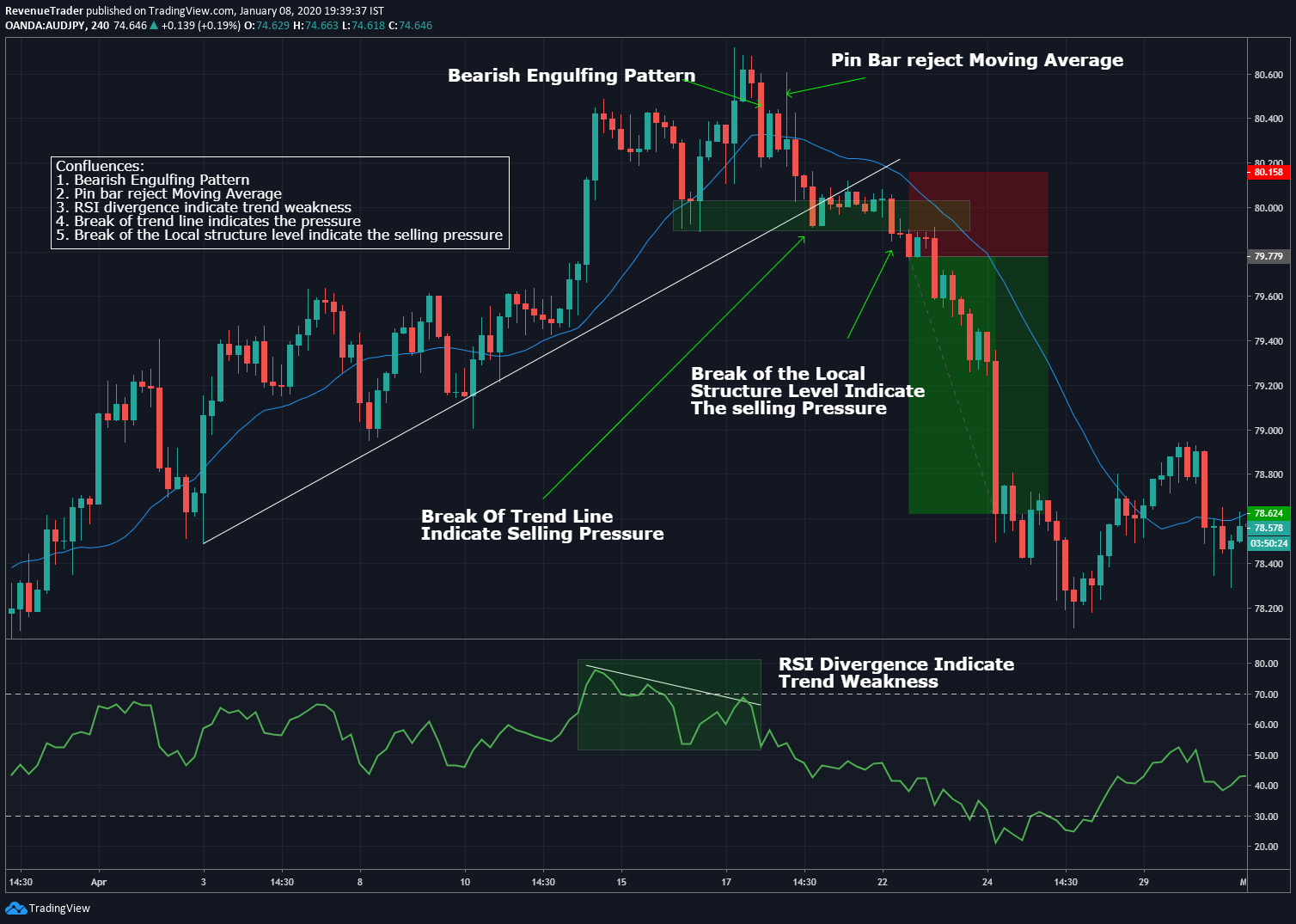Headline: Unlock the Secrets of Tax Filing: A Comprehensive Guide for Forex Traders

Image: www.financebrokerage.com
Introduction:
In the thrilling world of foreign exchange (forex) trading, where currencies dance to the beat of global markets, navigating the complexities of tax filing can be a daunting task. But fear not, intrepid trader! This comprehensive guide will empower you with the knowledge and confidence to conquer tax season with finesse. From understanding the basics to mastering advanced strategies, we’ll delve into the intricacies of tax filing as a forex trader.
Forex Trading and Tax Implications:
Forex trading involves buying and selling different currencies to capitalize on their fluctuations. As a forex trader, you’re essentially running a business, and like any business, you’re responsible for reporting your income and paying taxes. Understanding your tax obligations is crucial to avoid penalties or legal hassles.
Types of Taxes for Forex Traders:
Depending on your circumstances, you may be subject to various types of taxes, including:
- Income tax: This tax is levied on your profits from forex trading.
- Capital gains tax: If you hold currencies for more than one year before selling them, the profits are taxed as capital gains.
- Self-employment tax: If you’re a full-time forex trader, you may need to pay self-employment taxes to cover Social Security and Medicare contributions.
Form W-8BEN for Non-US Residents:
If you’re a non-US resident, you may need to complete a Form W-8BEN to certify that you’re not a US citizen or resident. This form helps to reduce or eliminate withholding taxes on your forex trading income.
Record Keeping is Key:
Detailed record keeping is the cornerstone of successful tax filing. Track every trade you make, including the currency pair, trade date, entry and exit prices, and profit or loss. Use a reliable accounting software or spreadsheet to organize your records meticulously.
Calculating Your Taxable Income:
To determine your taxable income, subtract your allowable deductions from your gross trading income. Deductions may include business expenses such as software fees, research materials, and trading commissions. Keep receipts and documentation to support your deductions.
Special Tax Considerations:
Certain strategies in forex trading can trigger specific tax implications. For example:
- Wash sales: You can’t sell a currency at a loss and repurchase the same currency within 30 days. This creates a “wash sale” and defers the loss until a later sale.
- Straddles: If you hold a pair of futures contracts or options on the same underlying asset for more than one day, the gains or losses are considered a “straddle” and taxed differently.
Expert Insight: Maximizing Deductions
John Smith, a renowned tax expert in the forex industry, advises traders to meticulously track their trading expenses, as these deductions can significantly reduce their taxable income. He recommends keeping receipts for all equipment, subscriptions, and educational materials related to trading.
Actionable Tip: Seek Professional Guidance
If you’re unsure about your tax obligations or have complex trading strategies, consider consulting with a certified public accountant (CPA) who specializes in tax matters. A professional can clarify your specific tax situation and provide tailored advice to optimize your deductions and minimize your tax liability.
Conclusion:
With knowledge and proper planning, filing taxes as a forex trader can be a hassle-free experience. By understanding your tax obligations, keeping meticulous records, and consulting experts when needed, you can confidently navigate tax season and focus on the thrilling pursuit of forex trading.

Image: traderevenuepro.com
How To File Taxes As A Forex Trader






